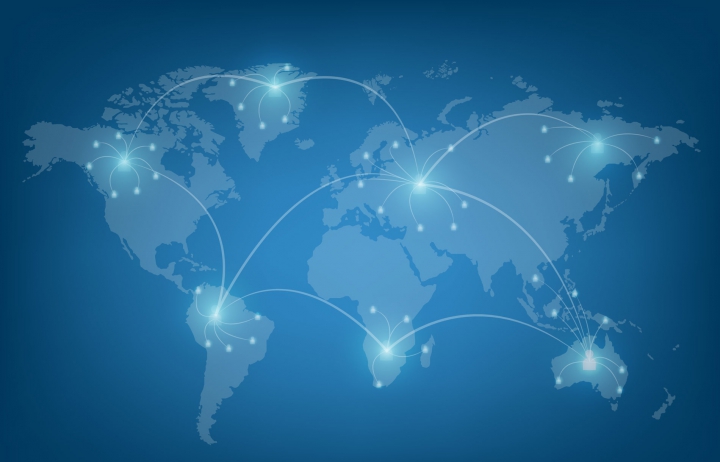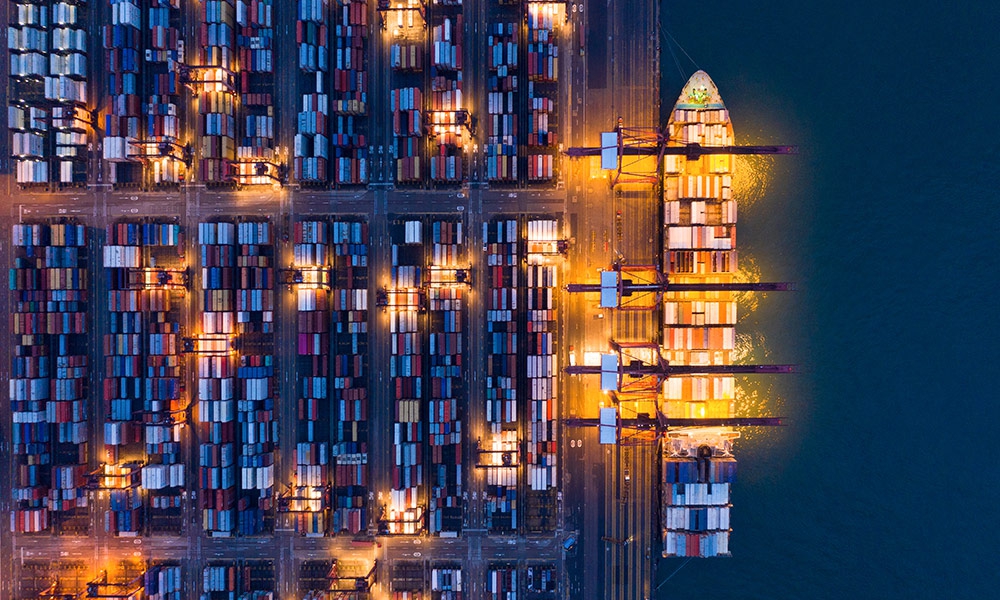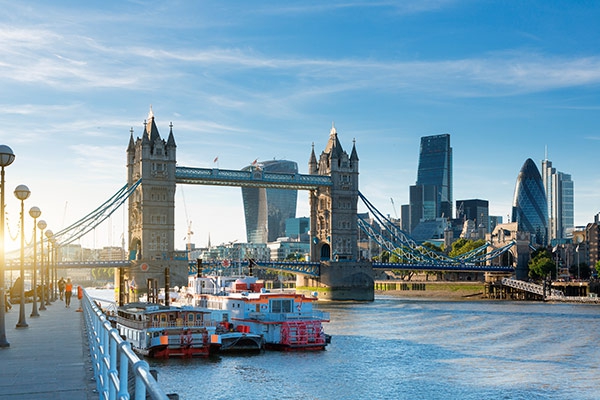International Sanctions Advisor
Lorem Ipsum is simply dummy text of the printing and typesetting industry. Lorem Ipsum has been the industry's standard dummy text ever since the 1500s, when an unknown printer took a galley of type and scrambled it to make a type specimen book.
Sanctions Regulations
Recent years has seen a plethora of new regulations regarding financial and economic sanctions and embargoes. Sanctions restrict the provision of goods and services to both named individuals or to entire countries.
Sanctions also affect the supply chain when there are restrictions on materials originating from a particular country e.g. Russia. Notable sanctioned countries include Iran, Syria, North Korea, and Cuba.
However, there are further significant restrictions regarding Russia, China, Venezuela, and many more. In fact there are sanctions of various types affecting over 30 destinations globally.
In certain circumstances supply may be permitted under licence; knowing the possibilities in terms of what you can do in your business requires thorough understanding of the regulations. We are here to help you.

Different Jurisdictions
Sanctions measures are issued by many different jurisdictions, in fact most states who pro-active in Trade compliance measures will do so with varying degrees of regularity. Since the Russian invasion of Ukraine there have been an unprecedented number of updates to sanctions measures issued by the US, the EU, the UK, Australia, Canada, Japan, and many other countries. It is important to navigate the relevance of each one to your own particular circumstances in order to ensure your compliance with the latest developments.
Sanctions meet Export controls
Over the last 10 years we have seen far more cross-over between sanctions and export controls. There has been the introduction of 'sectoral' sanctions, when measures are directed at a particular industry or activity such as oil & gas exploration.
There has also been a tendency to identify products, technologies or services, subject to sanctions by their export classification, or sometimes their Customs tariff classification.
This all leads to the need for informed interpretation of the effects of the regulations and especially when there are provisions for exceptions, or special conditions.
Read More


text here
Avoid becoming the Sanctioned party!
Doing business with sanctioned parties, or supplying to a sanctioned country can, in extreme cases, lead to the business themselves being sanctioned or restricted in some way. To stay out of trouble seek advice from experts.
